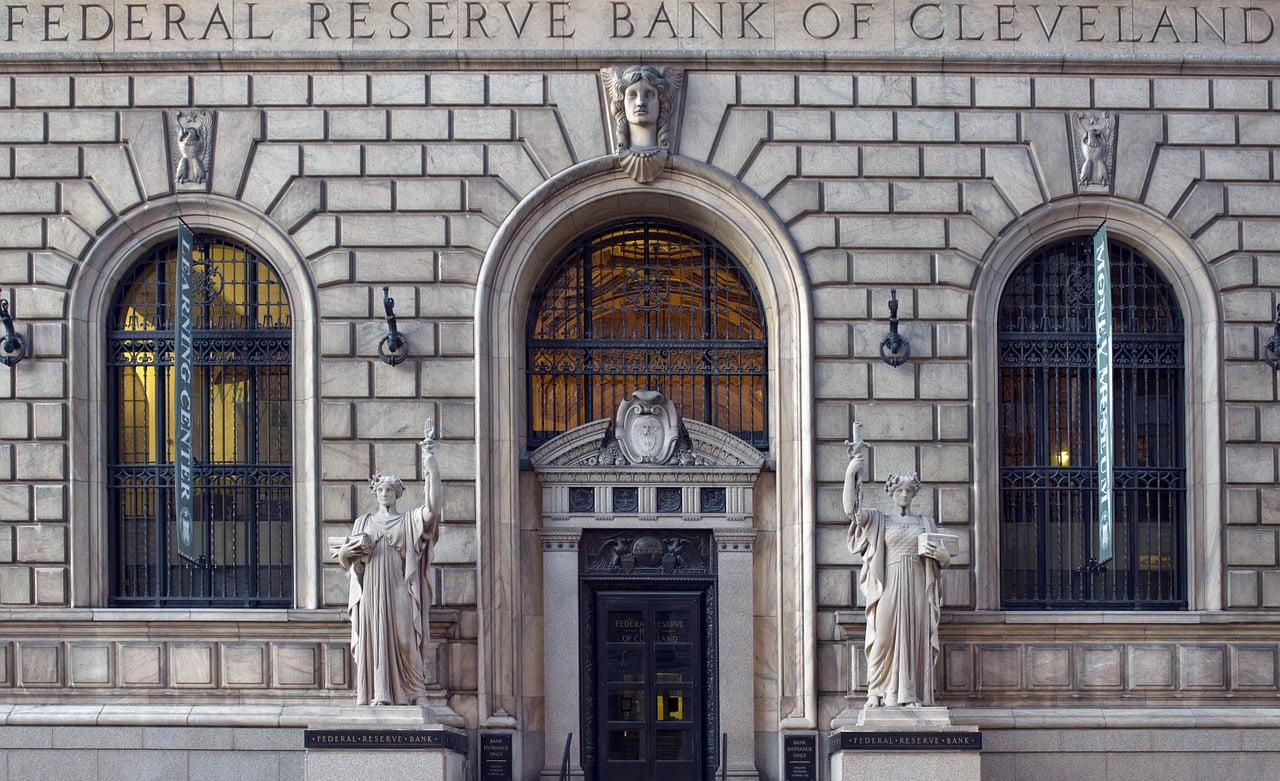In his podcast addressing the markets today, Louis Navellier offered the following commentary.
If you wish to listen to this commentary, please click here.
Fed’s Big Mistake
The bond market continues to spook the stock market.
My favorite economist, Ed Yardeni, released a couple of great charts that illustrated that as the Fed reduces its balance sheet, it is sending the 10-year Treasury bond yield substantially higher.
Q2 2022 hedge fund letters, conferences and more
The title of Yardeni’s QuickTake Report was “Oh, No: The Fed Is Making Another Big Mistake!” Ed Yardeni then pointed out that the Fed is paring its balance sheet by $95 billion per month and implied that this may be a horrible mistake.
While the Fed is reducing its balance sheet, the Bank of England on Wednesday implemented emergency action due to a “material risk to UK financial stability” and suspended its program to sell gilts (i.e., bonds).
The Bank of England then said that it would now buy long-term bonds to promote financial stability. After the Bank of England announcement, 30-year bond yields in the UK fell a full 1% from 5% to 4%.
Fortunately, the stock market should get a bit of a lift from the Porsche IPO on Thursday, which will initially be trading only on the Frankfurt exchange and is grossly oversubscribed.
I think Porsche has the potential to pack Tesla Inc (NASDAQ:TSLA)-like valuations (trading at 47 times 2023 estimated earnings) since it has record high operating margins and its new 2023 Macan EV will be a top seller around the world.
Panic In Europe
Energy stocks are firming up fast this week. Hurricane Ian is curtailing the crude oil production in the Gulf of Mexico. The Nordstream 1 pipeline now has a major leak in the Baltic Sea that is visible from the air, so Europe is now cut off from all Russian natural gas, so panic is starting to set in.
Thermostats will have to be turned down this winter, so it will be interesting at what temperature the European Union (EU) will mandate.
Even though the Bank of England recently raised key interest rates last Thursday by 0.5% to 2.25%, traders are now anticipating another 0.75% rate increase to 3%.
The British media has been very critical of new Prime Minister Liz Truss’ proposed tax cuts, which also provide extensive relief for sky-high electricity rates, but frankly, if many people cannot pay their utility bills, Britain clearly has a problem and Prime Minister Truss had to do something to stimulate economic growth.
However, due to a plunging British pound that is now at an all-time low relative to the U.S. dollar, everything Britain imports is now becoming more expensive, so the Bank of England is going to have to hike key interest rates further to stabilize the pound and to try to squelch inflation.
Higher GDP?
In the U.S., the economic news this week was better than economists anticipated, so it will be interesting if they revised their GDP estimates higher. The Atlanta Fed on Tuesday left its third-quarter GDP estimate unchanged at a 0.3% annual pace.
The National Association of Realtors on Wednesday announced that pending home sales declined 2% in August. In the past 12 months, pending home sales have declined 24.2%. Now that mortgage rates are crossing 7%, home sales are expected to slow further.
Coffee Beans
After welcoming 90 million visitors in 2019, France’s intake dropped by more than half in the following year. Despite this sharp decline in visitors, France still maintained the highest number of international tourist arrivals in the world.
Spain, which was the second most visited country for tourist arrivals in 2019, lost around three-quarters of their usual tourist arrivals and dropped down to 5th place. Source: Statista. See the full story here.






